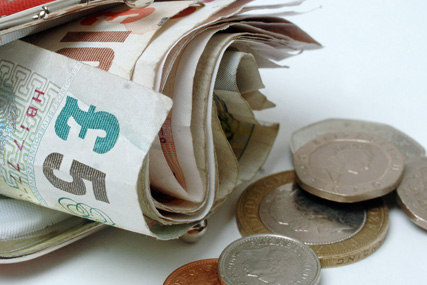
Northern and Shell owner Richard Desmond, whose property and media empire includes Express newspapers and OK! magazine, has lost an estimated £950m, 50%, from his personal wealth since last year.
Sir David and Frederick Barclay, owners of Telegraph Media Group, lost £700m, taking their fortune to £1bn.
The collapse in advertising revenue and the continuing decline in newspaper and magazine circulations meant none of the UK's media elite added to their wealth in the 21st annual Sunday Times Rich List, which tracks the fortunes of richest 1,000 people in Britain and Ireland.
The wealth of Viscount Cowdray and The Pearson Family, who own a stake in Financial Times owner Pearson, has fallen by £220m to £500m, and they now share the estimated half billion mark with Felix Dennis, the owner of Dennis publishing, whose fortune is believed to have dwindled by £250m.
Viscount Rothermere and family, who control the Daily Mail and General Trust, are now estimated to be worth £380m, £220m less than 12 months ago. DMGT recently sold a major stake in London's Evening Standard to Russian billionaire Alexander Lebedev.
Advertising's wealthiest individual, according to the Rich List, Sir Martin Sorrell, the chief executive of global communication group WPP, has had £23m wiped off his personal fortune, which now stands at £83m.
Lord Heseltine, the owner of Haymarket, publisher of Media Week, is estimated to have lost £100m from the value of his assets over the last 12 months, taking the former Conservative Deputy Prime Minister's wealth to £150m.
The degree to which this year's Rich List has been affected by the economic downturn is underlined by the fact it takes just £55m to make it into the top 1,000, compared to £80m in 2008. This is the first time the threshold has fallen since 2003.
The Sunday Times Rich List 2009 is compiled by Philip Beresford, a former editor of Media Week sister title Management Today.
According to the Sunday Times, the list is based on identifiable wealth - land, property, other assets such as art and racehorses, or significant shares in publicly quoted companies - and excludes bank accounts, to which the paper has no access.


.jpg)


.jpg)